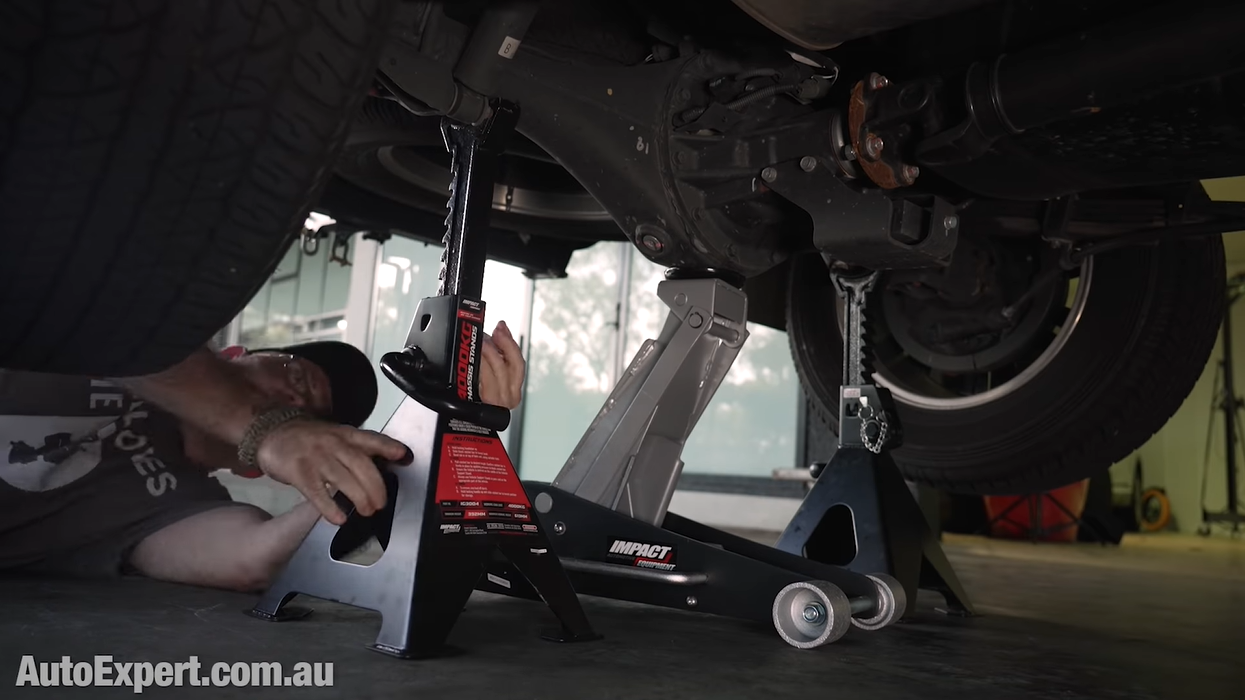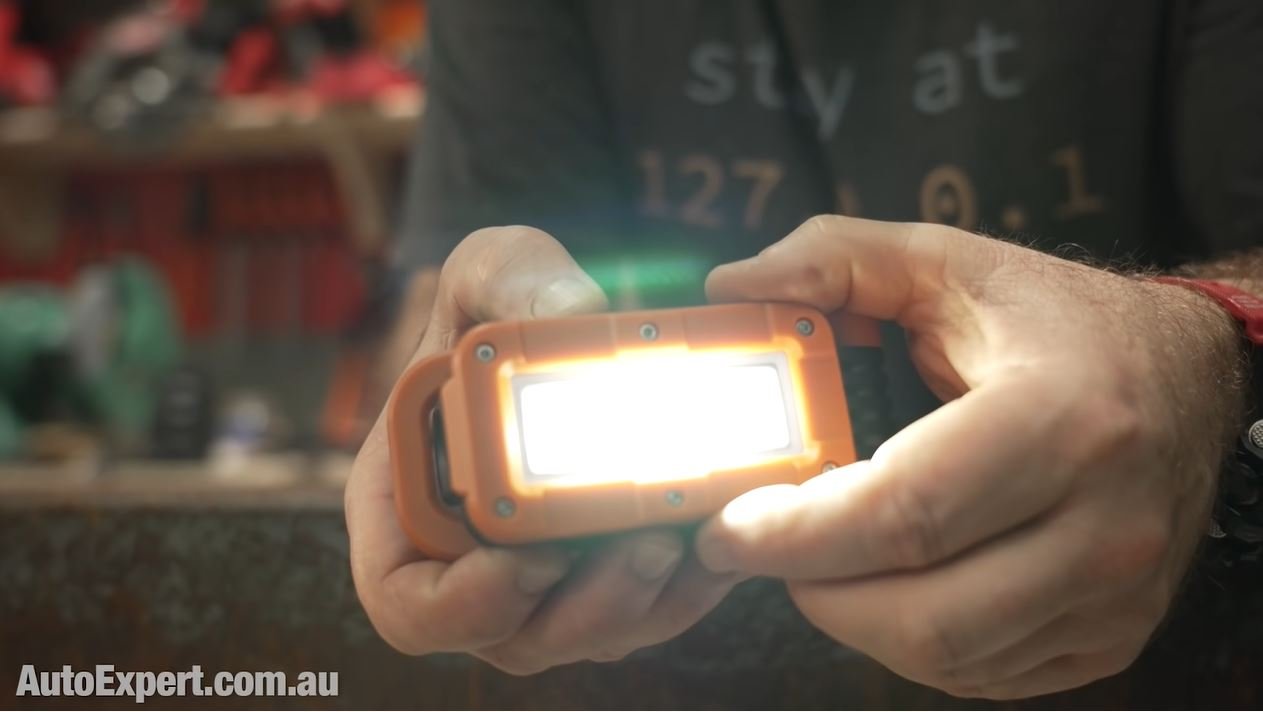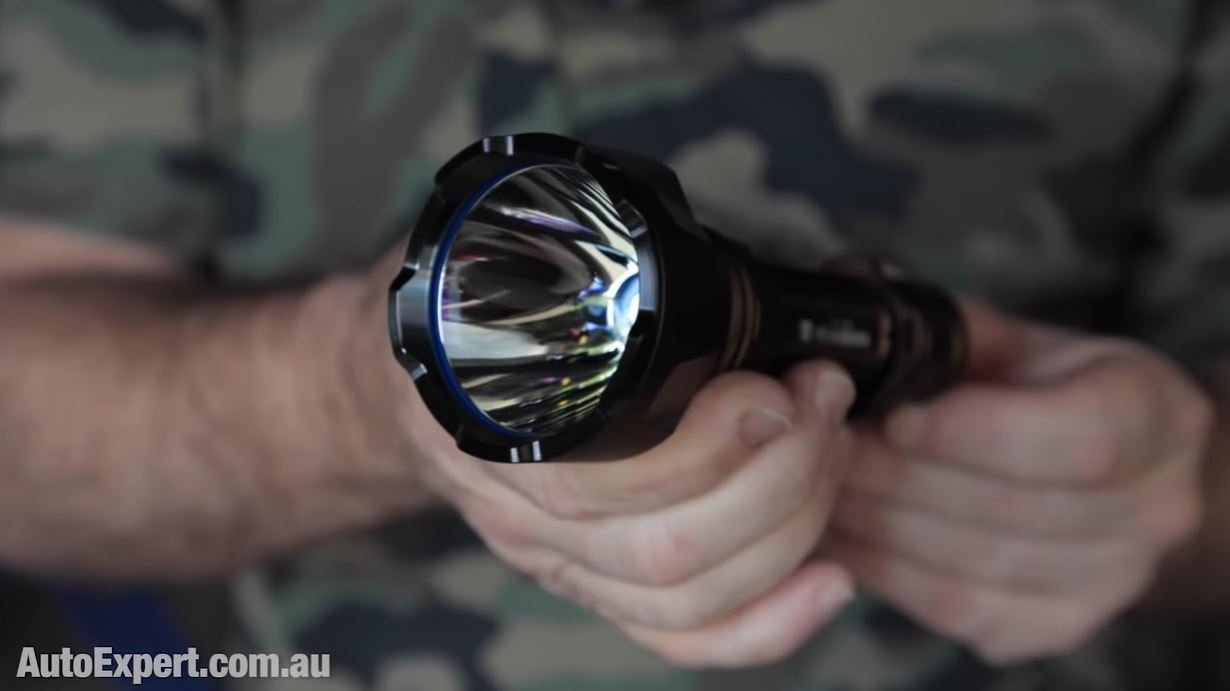GET JACKED Part 2: How safe are jack stands really? Their weakest link revealed
How strong exactly are jack stands and do you need to worry? Short answer: Yeah, they're pretty strong, but yeah, you do need to worry. However, not for the reason you might think…
If you enjoy working on your own car in your own garage, this report will help you better understand exactly what’s going on with axle stands - which are your first line of defence against the malicious behaviour of both gravity and your pride and joy.
That car you love, in alliance with gravity, wants to kill you when you get underneath it. The moment the wheels come off the ground, it is no longer your trusty steed, it’s desperately trying to crush you.
Axle stands are how you keep this from happening and in my previous report Get Jacked Part 1: Everything you need to lift your jacking game >>, we discussed all the tools you’ll need to do this task safely, not excluding the mindset you need to bring to the table.
Here’s the question AutoExpert received from a viewer named Mario:
I'm a DIY-er and I'm always respectful of the car's desire to ruin my day.
I've always heard that the pin inserted in the teeth of the jack stand is essentially taking the load is this correct that's always made me a tad nervous.
First point to make here is that you just have to accept that engineers do a pretty good job making absurdly dangerous things reasonably safe and if you'd like evidence of that just have a look at any service station, any refuelling station.
Out of anything else on Earth, that has to be one of the most dangerous things that ordinary people do - interacting with a chemical like gasoline.
You also have to accept that these materials, like steel and cast iron, they're a lot stronger than you think.
Engineers like being conservative because it's just a good way of ensuring that not too many people die on the job (and that you keep yours as an engineer).
The the next thing I'd suggest is that the mechanism needs to be appreciated; the mechanism in this case is a ratchet mechanism. It’s basically a one-way system, so you have to disengage the handle to back it off.
The clicking or clunking you hear when you extend the ratchet up is the teeth engaging with the pawl to lock into place.
A counterbalance and gravity do the work in this case, because gravity acting on the handle causes the pawl to lock and you have to disengage the load and release gravity from the mechanism in order to reset the jack stand.
My AutoExpert AFFORDABLE ROADSIDE ASSISTANCE PACKAGE
If you’re sick of paying through the neck for roadside assistance I’ve teamed up with 24/7 to offer AutoExpert readers nationwide roadside assistance from just $69 annually, plus there’s NO JOINING FEE
Full details here >>
AutoExpert DISCOUNT OLIGHT TORCHES
These flashlights are awesome. I carry the Olight Warrior Mini 2 every day - it’s tiny, robust, and super useful in the field or in the workshop. Olight is a terrific supporter of AutoExpert.
Use the code AEJC to get a 12% discount >>
STAND OF STEEL: How one tiny pin could save your life.
The second aspect thing to remember is that there's a pin in this jack stand, which is a secondary safety device. So you get it set up, the pin goes through, and you're ready to get under. Very straightforward.
I did some calculations, and basically you have to remember that this pin is loaded in double shear (at two points, on either side of the stand body where the pin sits), meaning if you imagine for a moment that the pawl is out of play - the pin itself here, which is about 107 square millimetres on each side - is capable of tolerating about five and a half tonnes of load.
There's probably an allowance with little bit of bending in the centre, but we can forget about that just for the purpose of this analysis. This is an incredibly strong piece of metal, despite being the cheapest shittiest grade of structural 250 MPA yield-strength steel.
That pin would deliver life-saving strength if the primary ratchet mechanism were to fail and the pin was the only thing holding the whole vehicle up over you - five and a half tonnes.
The Auto One 4000kg jack stands in this report: https://bit.ly/3vPN4BF
The matching trolley jack: https://bit.ly/39wCVCJ (Not sponsored.)
If you want to learn more about how brilliantly designed these humble jack stands are, watch the full report noting especially how to tell what kind of steel your stands are made from. This will tell you just how much load they can handle.
You might also like to check out Why Towing 3.5 Tonnes with a Ute is a Bad Idea >> and deep-drive into the Applied Physics of Heavy Towing >> or check out High Tensile Bolted Joints (Applied Physics) >>.
There’s also my Ultimate Welding Helmet Modification report >> for those on the serious tools.



















Just because a ute is cheap, that doesn’t mean it’s worth the money. Is the GWM Cannon more than just a cut-price Ranger wannabe? Can it offer towing, off-roading capability and robust design to compete with the big brand dual-cab utes like Hilux and Triton?